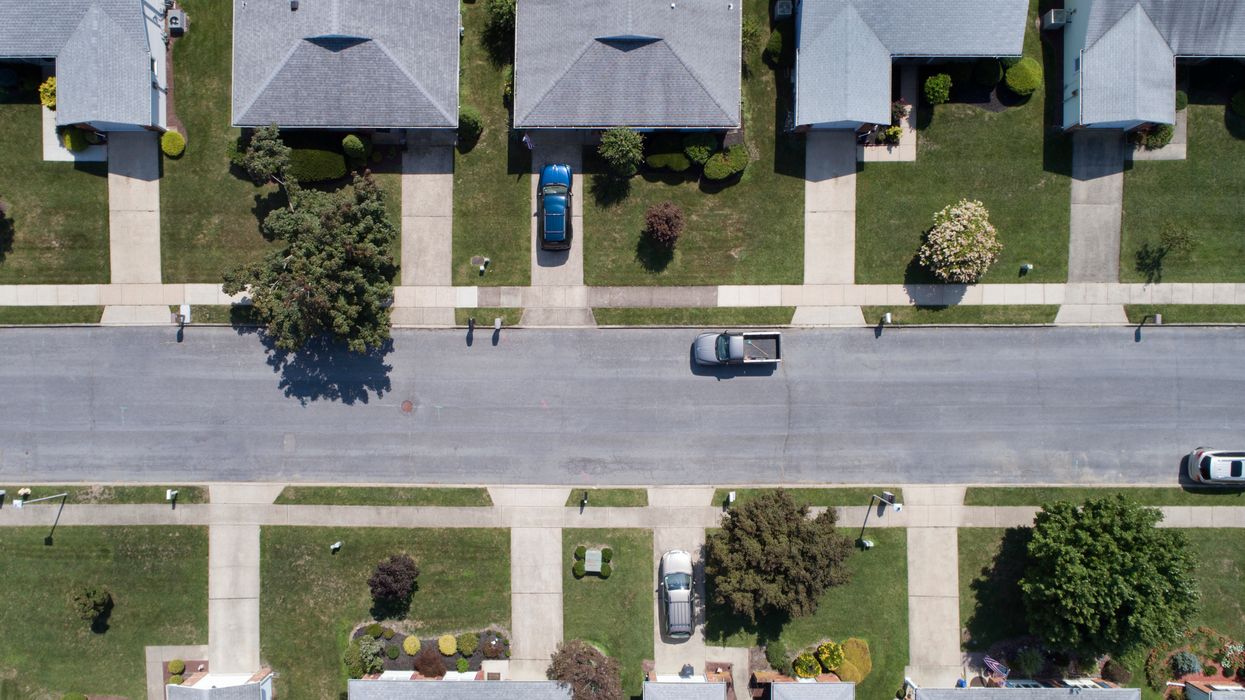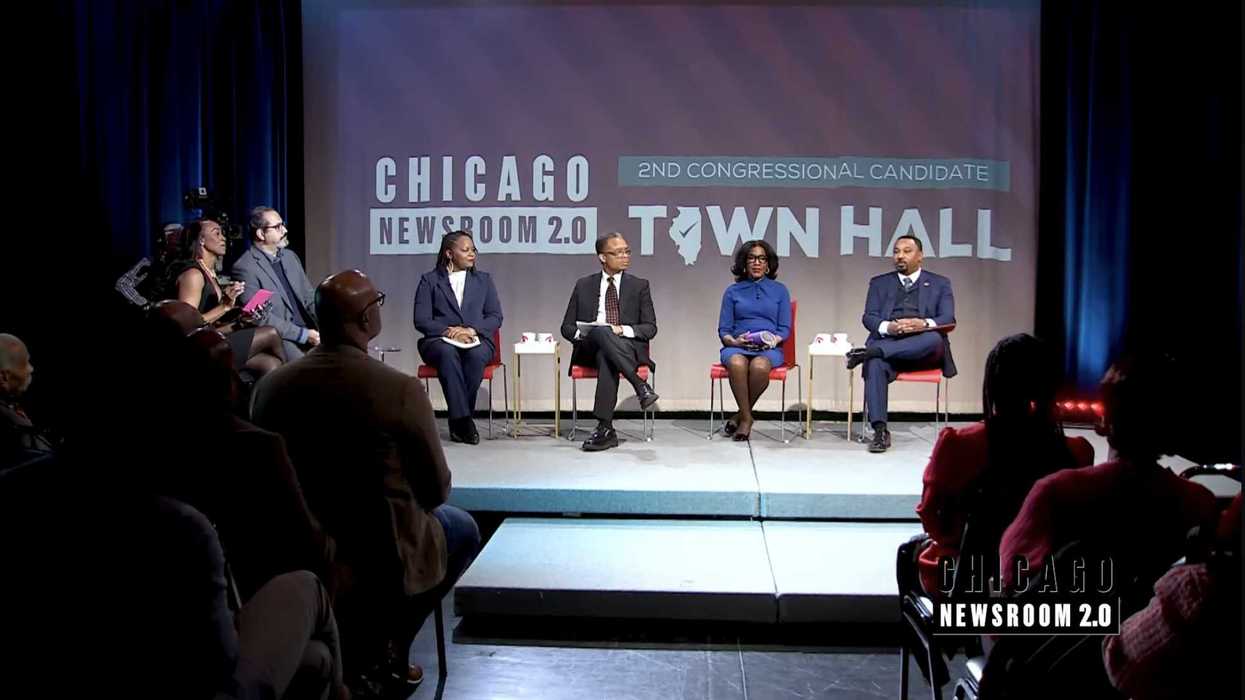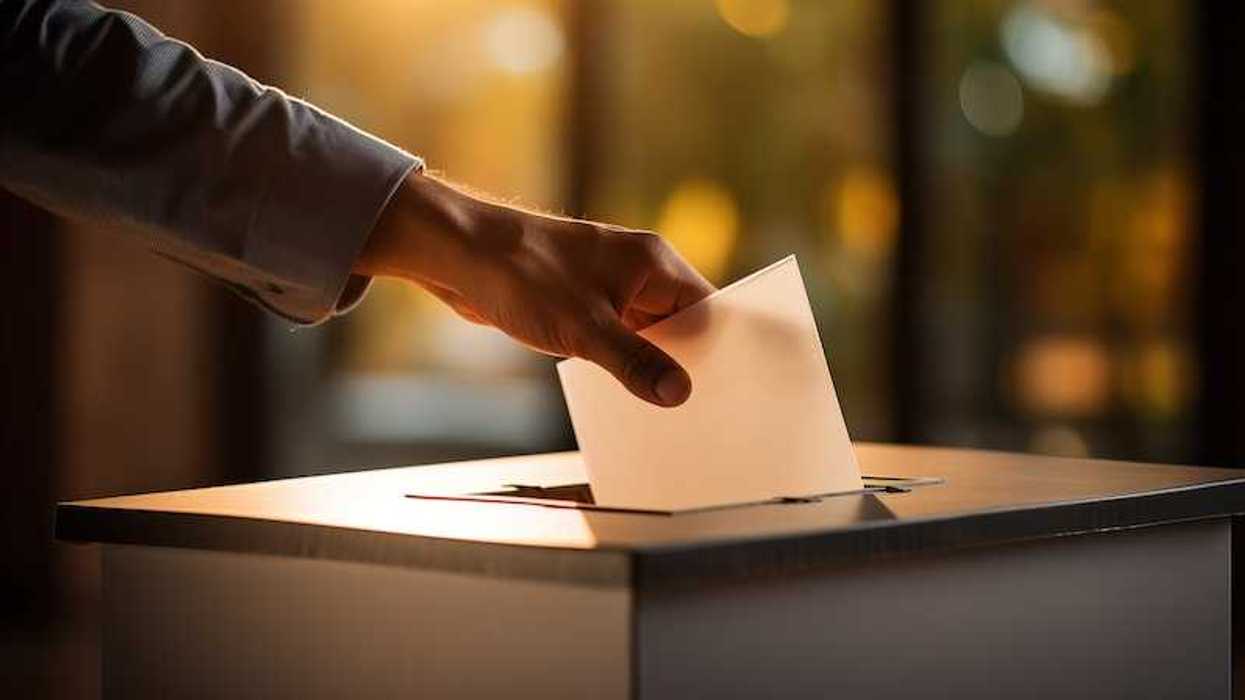A person's political beliefs affect their sense of attachment with their community and trust in others, a Gallup/Knight Foundation survey finds.
The results amplify the growing body of research exploring the interplay of politics and personal identity, with its corrosive effects on an already polarized country as more and more Americans choose to associate as exclusively as possible with people who think as they do.
The study published Wednesday compared political affiliation with how a person judged the political leanings of their neighbors, resulting in a gap score between their own affiliation and the dominant worldview of their community.
Researchers then quizzed people on their feelings of community attachment and trust in others in their community to understand how the gap influenced those feelings. As expected, a person whose political beliefs were similar or only slightly different than their community's views had stronger community attachments.
Overall, 82 percent of people who lived in "politically compatible communities" said they were "very" or "somewhat" attached to their local community. Among those who perceived a large ideological gap, 62 percent said they had this strong attachment.
The pattern held up across the ideological spectrum. Democrats, Republicans and independents all felt essentially the same way.
The major difference appeared concerning a question of trust, with Republicans far more likely to distrust their neighbors when they lived in an area with political leanings unlike their own.
After controlling for demographic variables, researchers found that the "predicted probability" that a Republican would express trust in their neighbors dropped from 73 percent to 45 percent, depending on whether they lived in a community that reflected their own political beliefs.
The prevailing political attitudes of a community — whether it leaned conservative or liberal — had no effect on the probability that Democrats trusted others in the community, with 70 percent expressing trust regardless of the ideological gap, according to the study.
"Americans' perception of how well the politics of that community matches their own political worldview closely relates to their own sense of community attachment," the report underscores. "The closer the political alignment, the more attachment they feel. This is not only important on its own, but community attachment has been shown to be a meaningful proxy for civic and political engagement."




















